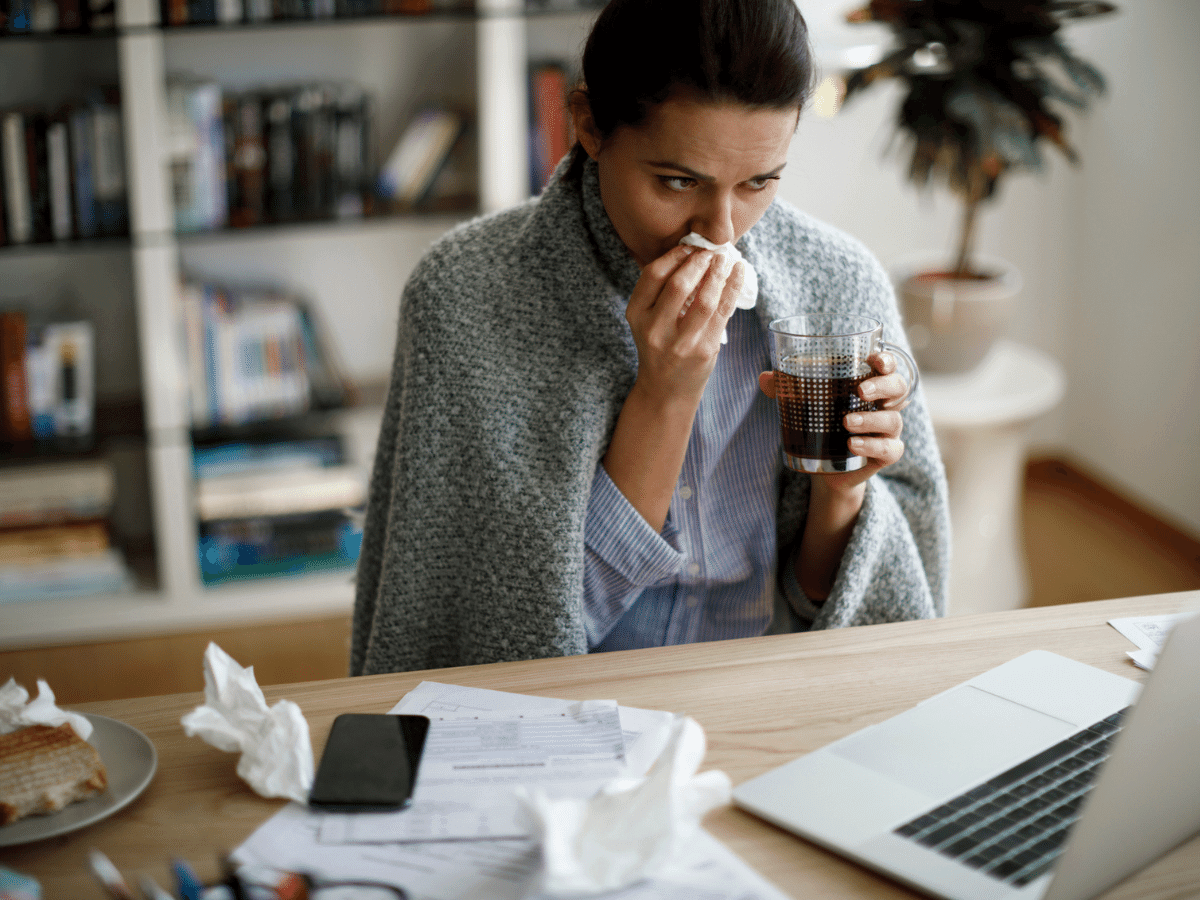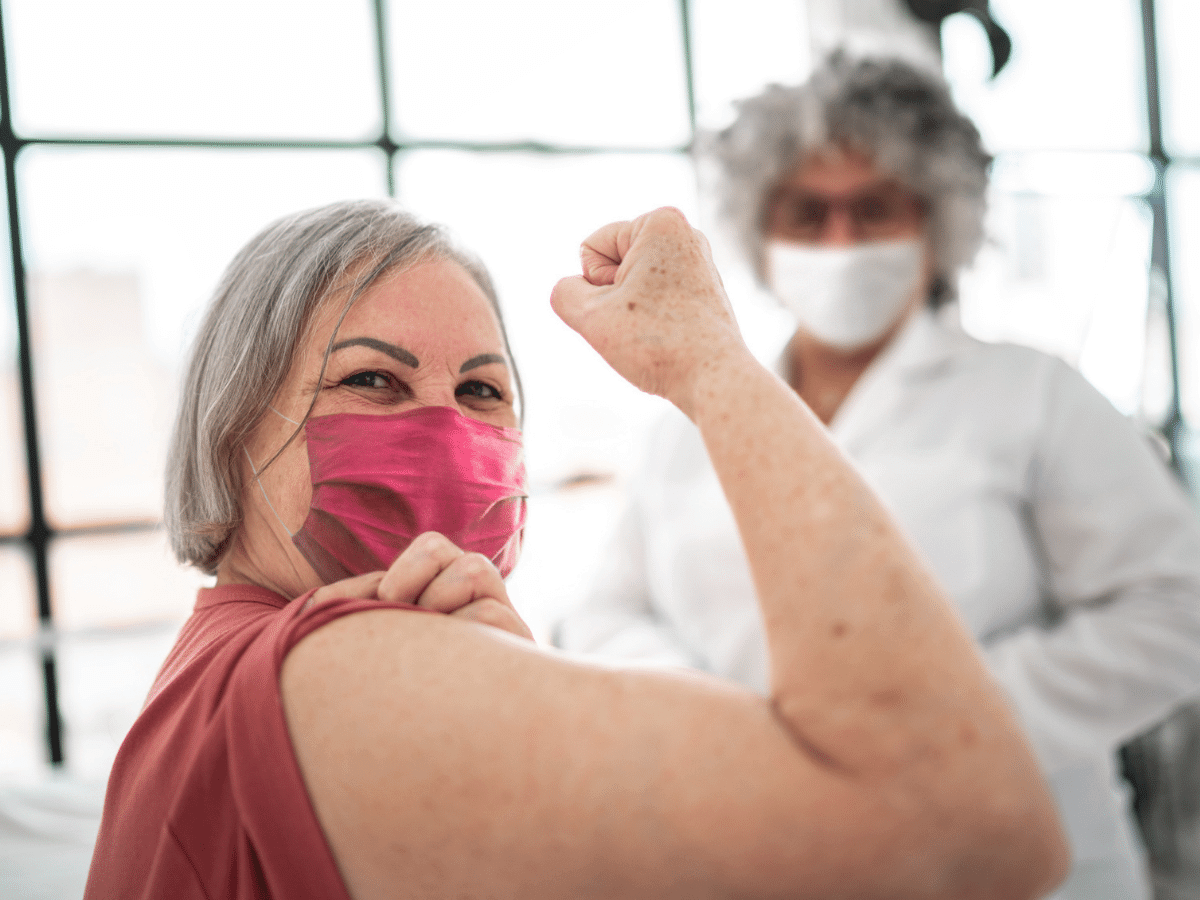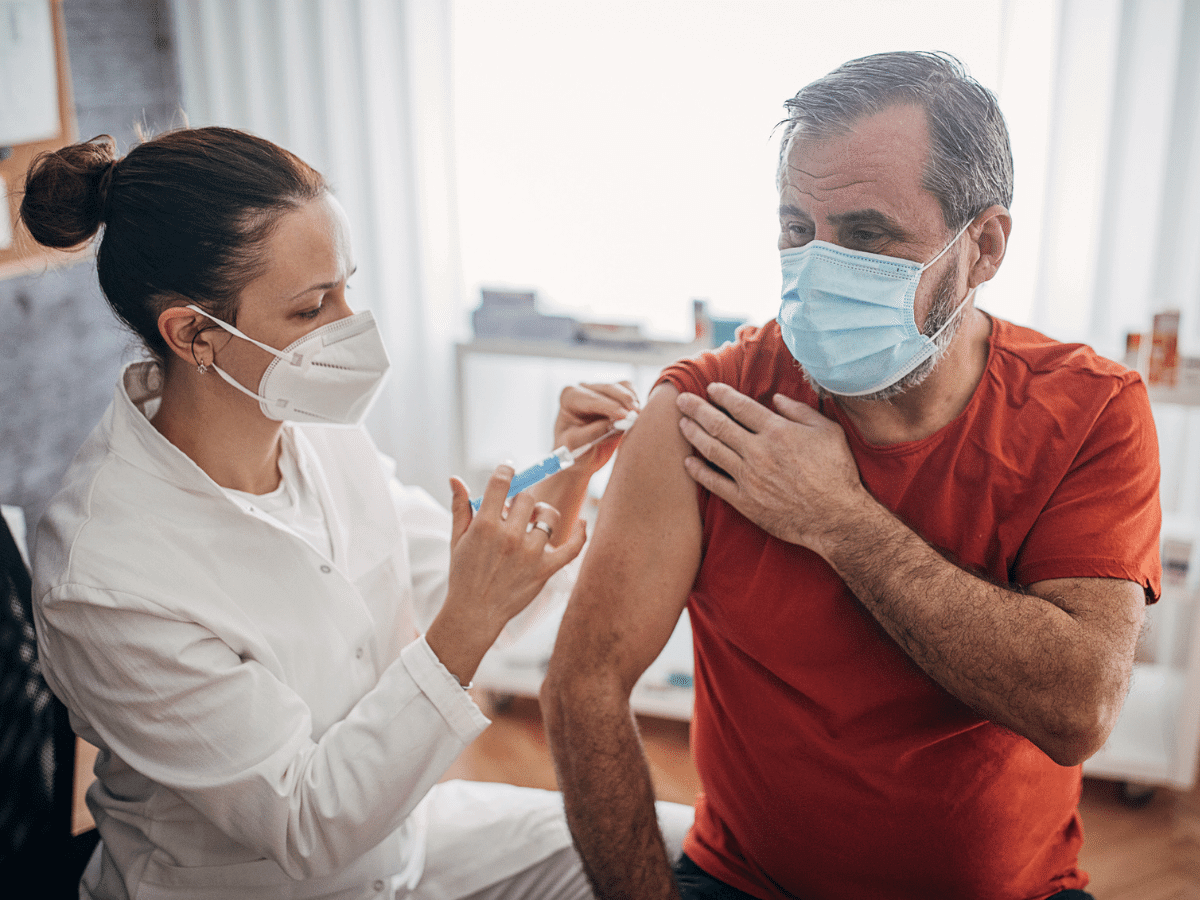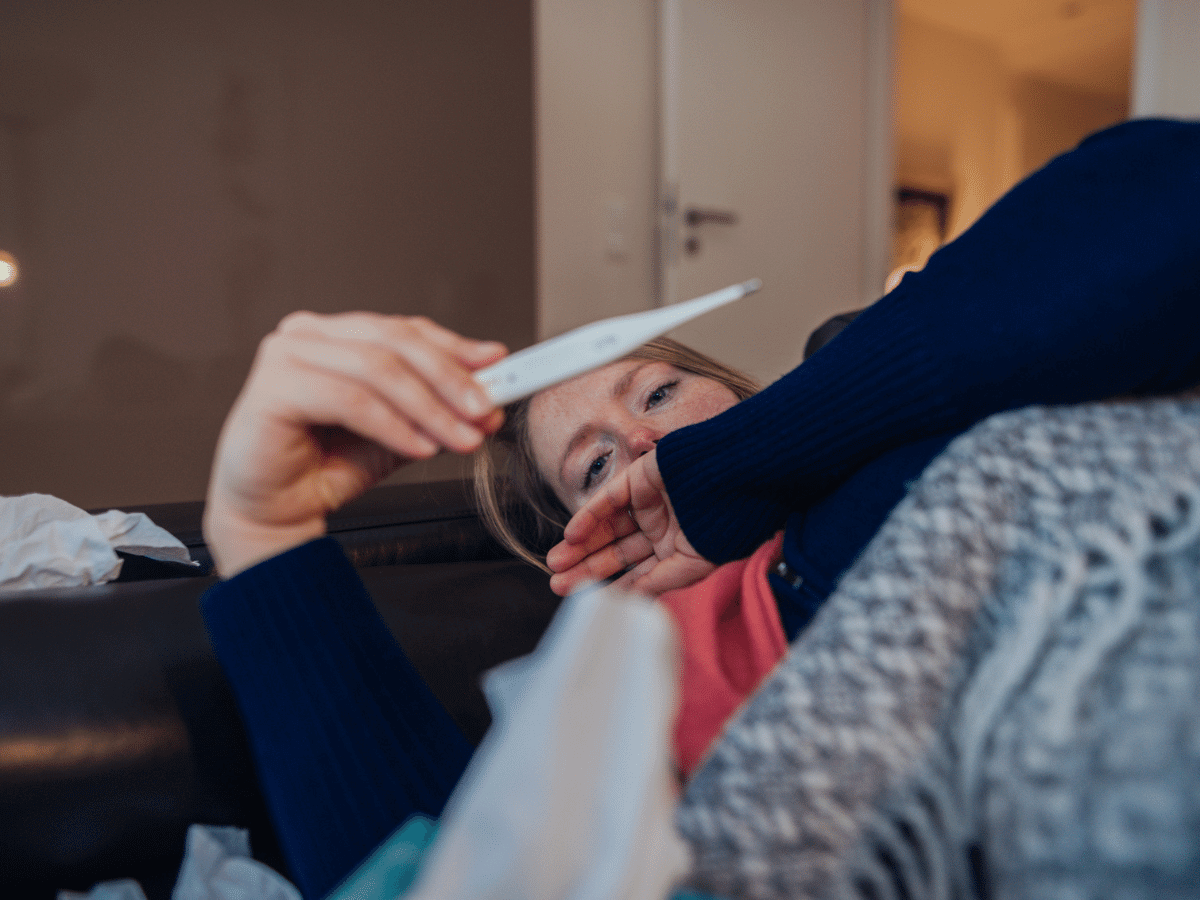How to Prepare for Flu Season During COVID-19

If you feel like it’s unfair that COVID-19 concerns are now being complicated by the arrival of flu season, you’re not alone! Fortunately, many of the actions you’re already taking to protect yourself and your family also help prevent the spread of the seasonal flu.
Below are six steps you can take (or continue taking) to minimize your risk of catching the flu or transmitting it to your friends and family:
- Get your flu shot. Even if you’ve been vaccinated against COVID-19, you still need a flu shot. While both illnesses are caused by a virus, they are different viruses with different vaccines. Keep in mind that it’s safe and effective to get both vaccines in the same visit to your doctor or other vaccination providers.
- Check your medicine cabinet. You should have pain relievers and fever reducers (like acetaminophen and ibuprofen) on hand, as well as medications for coughing, stuffy nose, etc. so that you don’t have to go to the store for them if you get sick. Be sure that any medication you already have hasn’t expired. It’s also a good idea to have a thermometer at home.
- Practice measures that are proven to protect against respiratory illnesses. Avoiding crowds, wearing a mask when you can’t avoid them, and washing your hands frequently and thoroughly are the best ways to avoid the flu. Regarding mask-wearing, even if there are no mandates in effect where you are, masking up when in public is still a good idea.
- Avoid others who are sick. If someone who has the flu needs your assistance, of course, you should provide it — doing all you can to prevent the spread of the virus as you help them. But if a sick friend or relative doesn’t need your help, avoid visiting them until they recover.
- Call your doctor if you develop respiratory illness symptoms. It can be hard to tell if you have the flu or COVID-19 since they have many symptoms in common. If you get sick, your doctor can provide direction on whether you should get tested for COVID-19 and how you should treat your illness.
- When in doubt, stay home. If you think you may be getting sick, do yourself and others a favor and stay home. It’s better to miss out on an activity because of a “false alarm” than to go out when you’re sick and worsen your condition while also potentially infecting others.
Don’t take a chance with your health.
Getting the COVID-19 vaccine is the best way to prevent COVID-19 infection and end the pandemic. The vaccine cannot give you COVID-19, but it can help protect you from serious illness. Learn more about the COVID-19 vaccine and make a first, third, or booster vaccination appointment at a location near you.
Don’t Count on a Repeat of Last Year’s Mild Flu Season
Last year’s flu season arrived as much of the country still had COVID-19 mask mandates in place. Consequently, the number of cases was down noticeably. This flu season, people are back to doing many kinds of group activities — parties, family gatherings, sporting events, and so on. As a result, health experts are predicting a significant increase in flu cases.
So, if you were expecting another mild flu season, and thought you’d skip the flu shot and leave your mask at home, you should reconsider your strategy in light of this news. Does that mean you have to go back into “lockdown?” No, certainly not. But the flu is a serious respiratory illness that you want to avoid if possible and be prepared to react to should you contract it.
If you’re feeling ill, or need to schedule your flu shot appointment, find a Baptist Health provider or location near you. You can also save time and get care 24/7 wherever you are with Baptist Health Virtual Care.
Next Steps and Useful Resources
Find a Provider
Start a Virtual Visit
Why You Definitely Need a Flu Shot This Year
How Should I Time My Flu and COVID-19 Shots?
Flu vs. COVID-19: How to Tell the Difference



